Dhaka, Jan 16, (V7N) - The Election Reform Commission, led by Dr. Badiul Alam Majumdar, has submitted a comprehensive set of proposals for constitutional changes and electoral reforms aimed at strengthening Bangladesh’s political system. The report, delivered to the Chief Adviser on January 15, outlines 150 recommendations across 16 areas, focusing on improving the fairness, transparency, and inclusiveness of the electoral process and political structures.
Key Proposals of the Election Reform Commission
1. Bicameral Parliament
- The commission has proposed the establishment of a bicameral parliament, in line with the recommendations made by the Constitutional Reform Commission. This proposal suggests creating two chambers in the legislature to enhance the decision-making process and better represent diverse political interests.
2. Ban on Political Participation for War Criminals
- One of the most significant proposals is the ban on political participation for individuals convicted by the International Crimes Tribunal for war crimes. Currently, the law prohibits convicted individuals from running for office, but the commission has extended this to include a permanent ban from political activities.
3. 'No' Vote Option
- A proposal to introduce a "no" vote option in elections, allowing voters to register their disapproval of all candidates, has been suggested to increase voter empowerment and ensure that electoral choices reflect public opinion.
4. Re-Elections in Case of Low Voter Turnout
- The commission has proposed that re-elections be held if voter turnout is below 40%, ensuring legitimacy and wider participation in elections.
5. Local Government Elections
- For local government elections, the commission recommends removing party symbols, suggesting that these elections should focus on candidates' individual merit and ideas rather than party affiliation.
6. MP Privileges and Accountability
- A key recommendation is the reduction of MP privileges, including the review of benefits like tax-free cars, residential plots, and all forms of protocol and allowances provided to MPs.
- Additionally, the commission has proposed that MPs involved in controversial activities during their tenure should face mechanisms for removal, even before completing their term.
7. Election Commission’s Role in Law and Order
- To ensure fair and free elections, the Election Commission has been empowered to include armed forces in maintaining law and order during elections. This proposal aims to prevent electoral fraud and ensure safety at polling stations.
8. Review of the 2018 Election
- The commission has called for an investigation into the 2018 controversial election, especially the alleged manipulation during the "night-time voting" process. It recommends that all officials and candidates involved in these actions face legal scrutiny.
9. Prime Ministerial Term Limits
- The proposal includes an amendment to limit the prime minister’s term to two terms, following the global norm. After serving two terms, individuals will no longer be eligible to hold the position of prime minister, or even the presidency.
10. Women's Representation in Parliament
- One of the key recommendations is the inclusion of 25% reserved seats for women in each parliamentary election, ensuring greater female representation in the political process.
- The National Constitutional Council will oversee the processes that ensure a transparent election, especially for women candidates.
11. Non-Partisan Presidential Election
- The commission has recommended that the presidency be filled by a non-partisan individual chosen through a process involving MPs and local government representatives, to ensure the head of state is not influenced by party politics.
12. Formation of Permanent Local Government Commission
- To improve local governance, the commission suggests the establishment of a permanent Local Government Commission that will oversee the election and conduct of local government officials.
- The national election schedule would include local elections ahead of national elections, ensuring greater focus on grassroots issues.
13. Electoral Reforms: Voter Registration and Political Parties
- The commission recommends a more inclusive voter registration process, including the introduction of postal and online voting for expatriates. It also suggests creating a special voter list for overseas citizens to ensure that Bangladeshis abroad have a say in national elections.
- Political party registration will also become stricter, with mandatory renewal every five years and clear rules about membership and finances.
14. Political Accountability
- To increase accountability in the political system, the commission recommends that false information in affidavits or during campaigning lead to disqualification, including for those already elected.
- Accountability mechanisms have been strengthened, with proposals to create a Supreme Judicial Council to address any complaints of misconduct against Election Commissioners or political figures.
15. Prevention of Political Violence and Corruption
- The commission has proposed new measures to prevent political violence, especially by student and teacher associations linked to political parties. They have also recommended the creation of a mechanism to address political corruption, including provisions that bar individuals involved in money laundering, human trafficking, or other criminal activities from running for office.
16. Enhanced Voter Transparency
- Electronic Voting Machines (EVMs) have been proposed as a system for future elections to ensure transparency and accuracy, along with a process to review financial disclosures by candidates before the election, including their five-year tax records.
17. Representation for Minority and Disadvantaged Groups
- The report recommends that 10% of seats in parliament be reserved for young people, religious minorities, ethnic minorities, and physically disabled individuals, ensuring more equitable political representation.
Next Steps
Following the submission of the reform proposals, the commission is calling for an in-depth discussion with political parties, civil society, and other stakeholders. Once consensus is reached, the government will take steps toward implementing these reforms, aiming for broader representation, fairer elections, and a more accountable political system.
This comprehensive report was prepared with the aim of ensuring that future elections in Bangladesh are transparent, inclusive, and reflective of the people's true will. All of these recommendations focus on reducing corruption, increasing public participation, and enhancing the overall democratic process.
END/SMA/AJ/



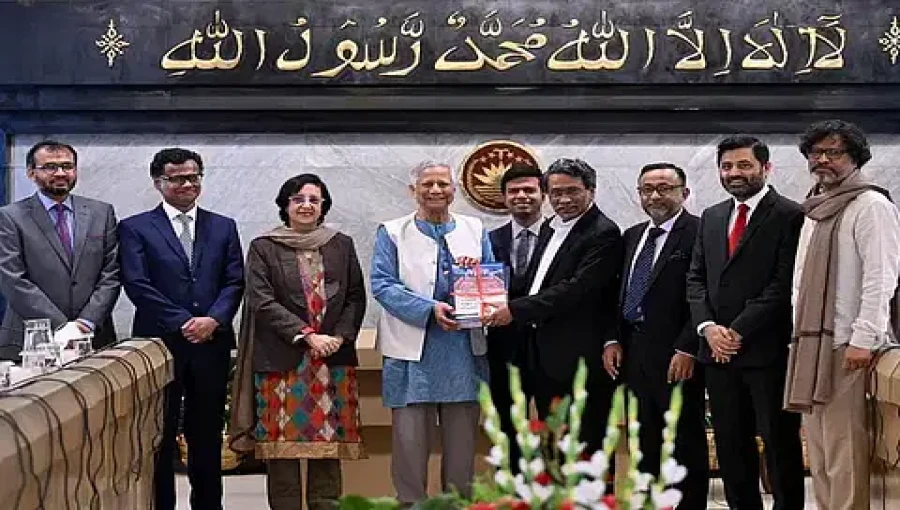
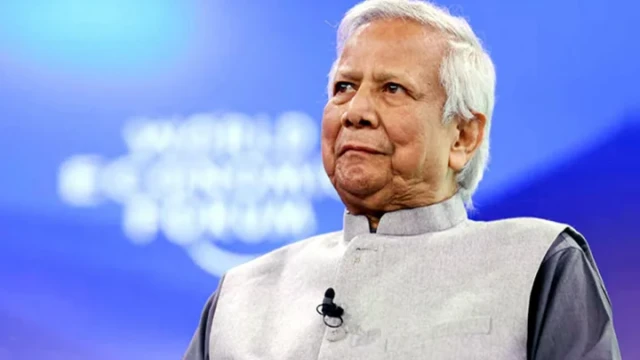
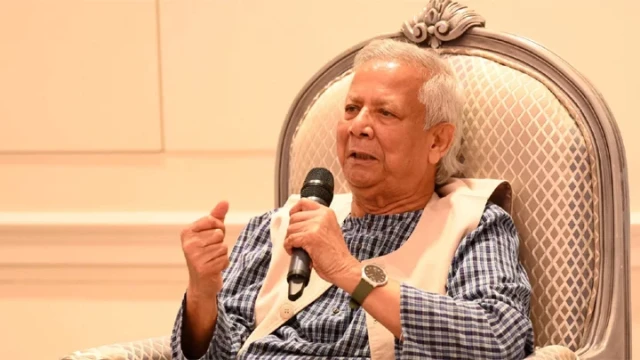

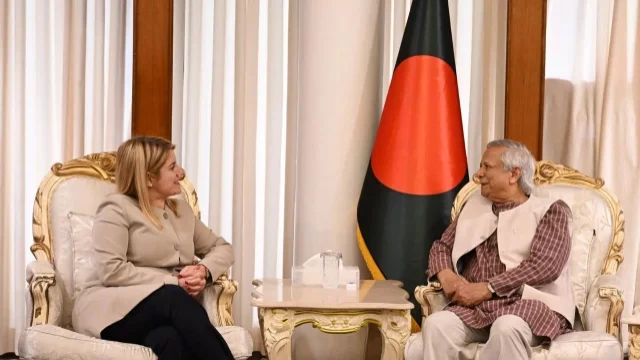
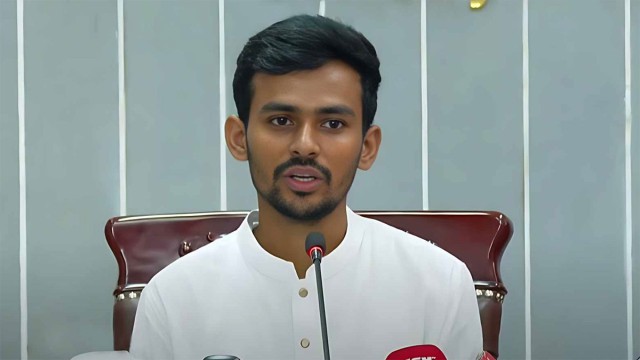
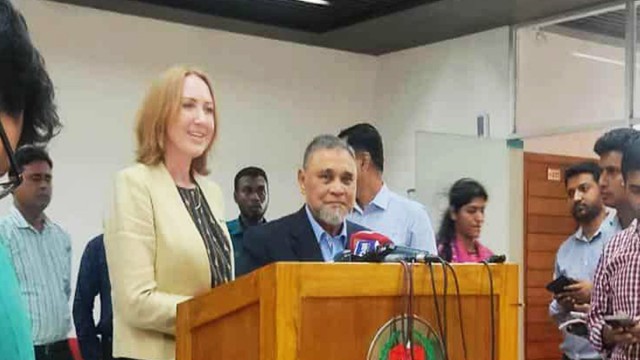

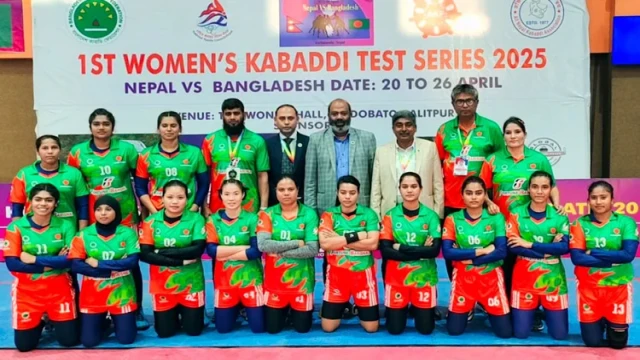
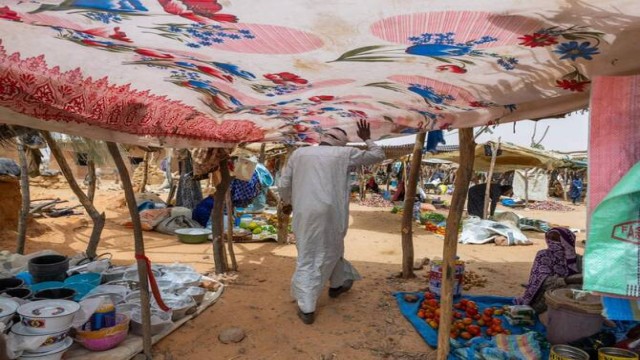




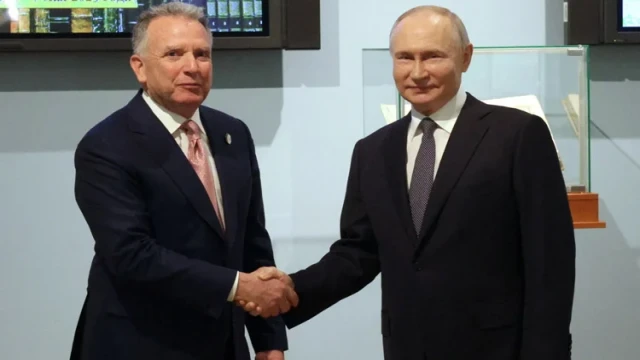
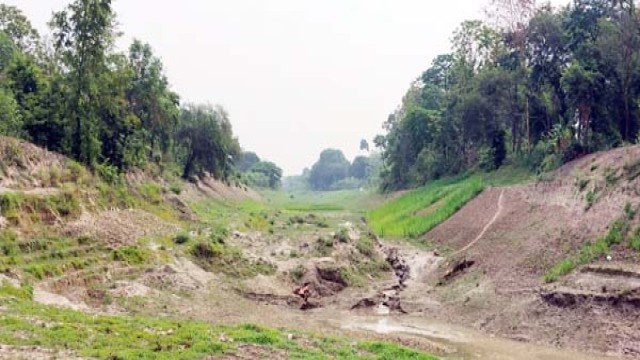
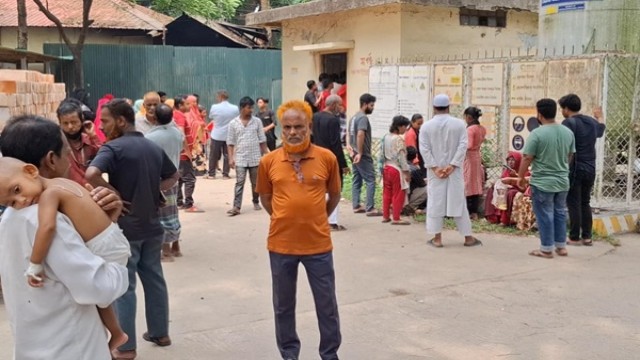

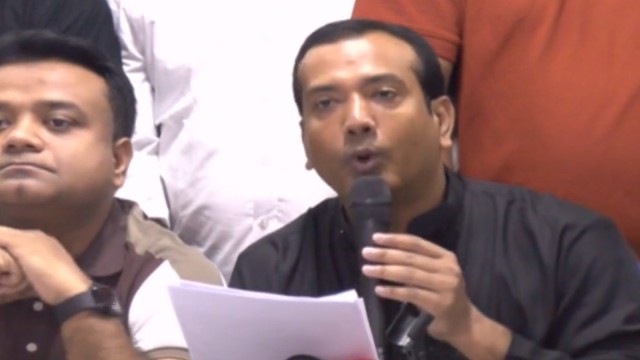
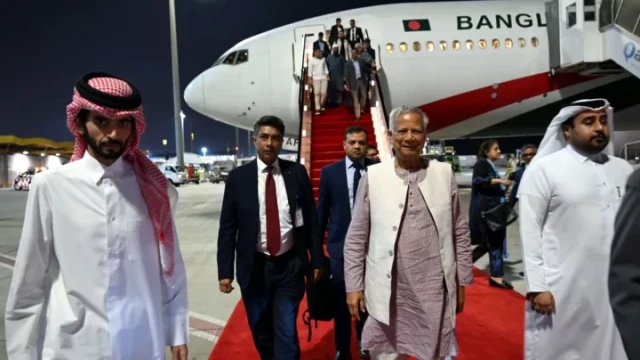

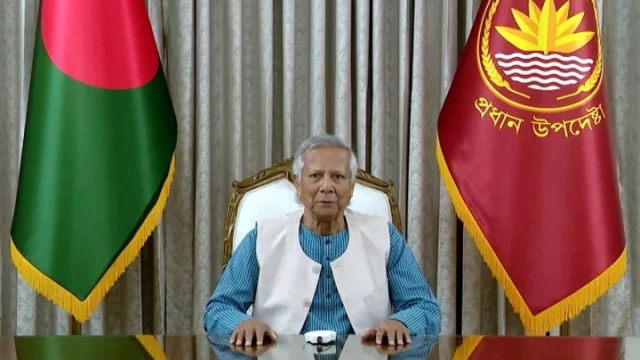
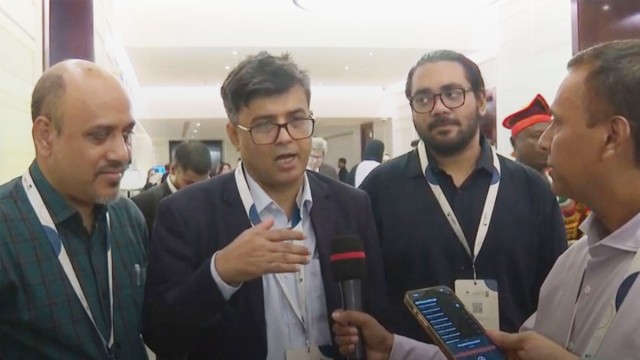
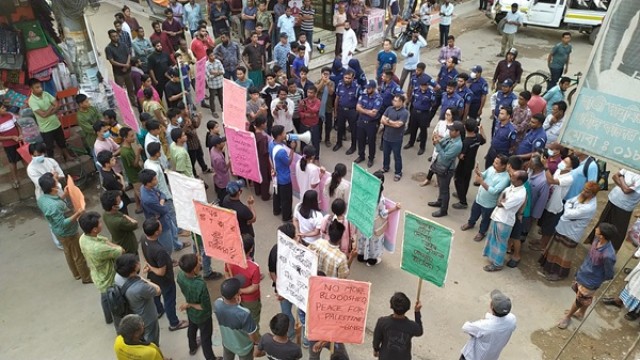
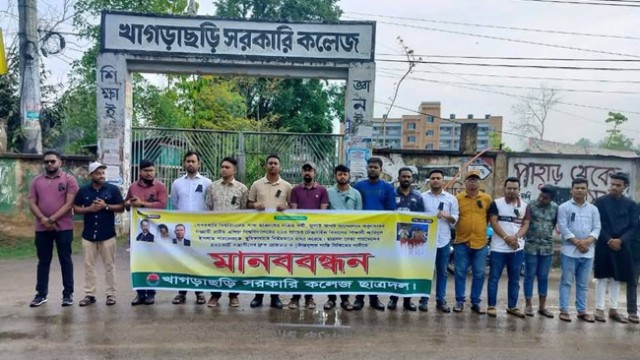
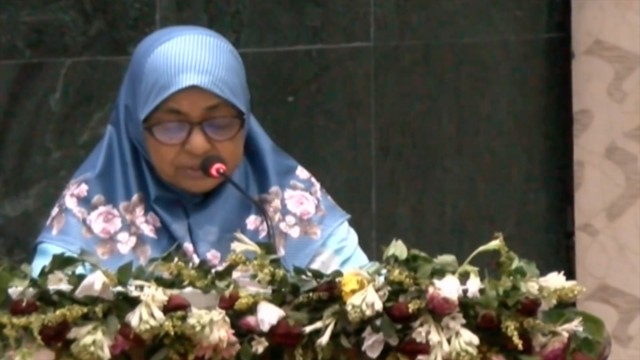
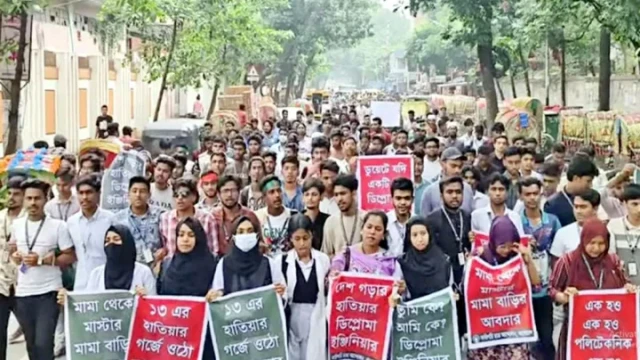

Comment: